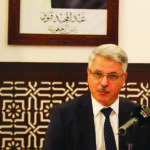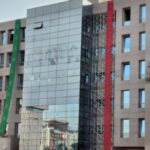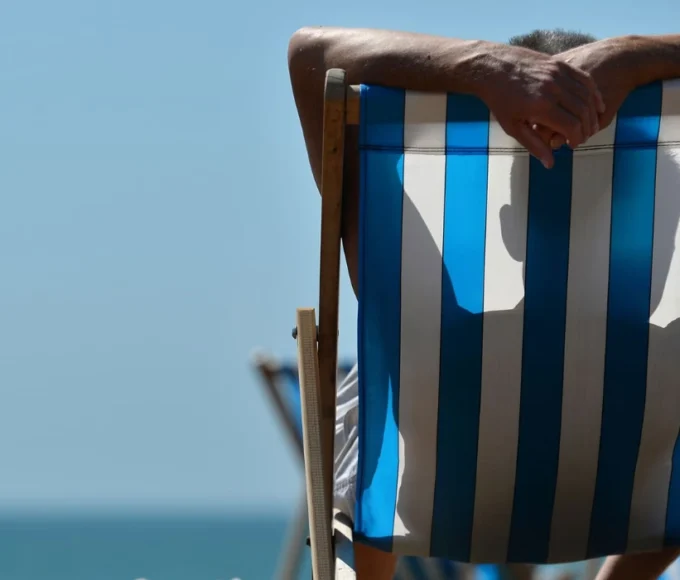Sit-ins were organized on Sunday in Morocco at the call of a left-wing union to denounce the recent surge in food and fuel prices, a source of popular discontent, we learned from union sources.
Groups of activists from the Democratic Confederation of Labor (CDT, left) gathered without incident in Rabat, Casablanca and other cities in the kingdom.
Scheduled for several days, the parades against the high cost of living have turned into a sit-in in front of the headquarters of the local sections of the CDT “following the authorities’ decision to ban the marches”, Rajae told AFP. Kassab, member of the CDT executive board.
The ban was justified by the “state of health emergency” still in force in Morocco, according to a letter from the Ministry of the Interior addressed to the CDT and consulted by AFP.
In Rabat, several dozen demonstrators, surrounded by the police, chanted slogans against “the deterioration of purchasing power”, noted journalists.
“We came to alert officials to the tense social situation,” CDT trade unionist Rachid Lemhares told AFP.
The soaring prices of vegetables, fruit and meat in recent days have drawn strong criticism from trade unions, the parliamentary opposition and local media.
Inflation peaked at 8.3% at the end of 2022, fueled by the effects of the war in Ukraine, combined with the reorganization of global supply chains, according to the latest report from the World Bank (WB).
Defensively, the government attributed the recent increases to speculation.
His spokesman Mustapha Baitas announced on Thursday “the seizure of more than 192 tons of clandestinely stored products which were to be the subject of speculation”.
Liberal Prime Minister Aziz Akhannouch promised to “strengthen market control” and lower prices in the coming days.
To mitigate the repercussions of the rise in prices on households, the government granted subsidies on certain basic necessities (petrol, gas, flour).
“Despite these measures, it is low-income and vulnerable households that continue to suffer the most from the impact of the inflationary surge in food prices and other prices”, underlines the WB in its report.
Morocco is betting on a recovery in economic growth to 3.1% in 2023 (against 1.2% in 2022) to revive its economy.
This article is originally published on lesoleil.com









